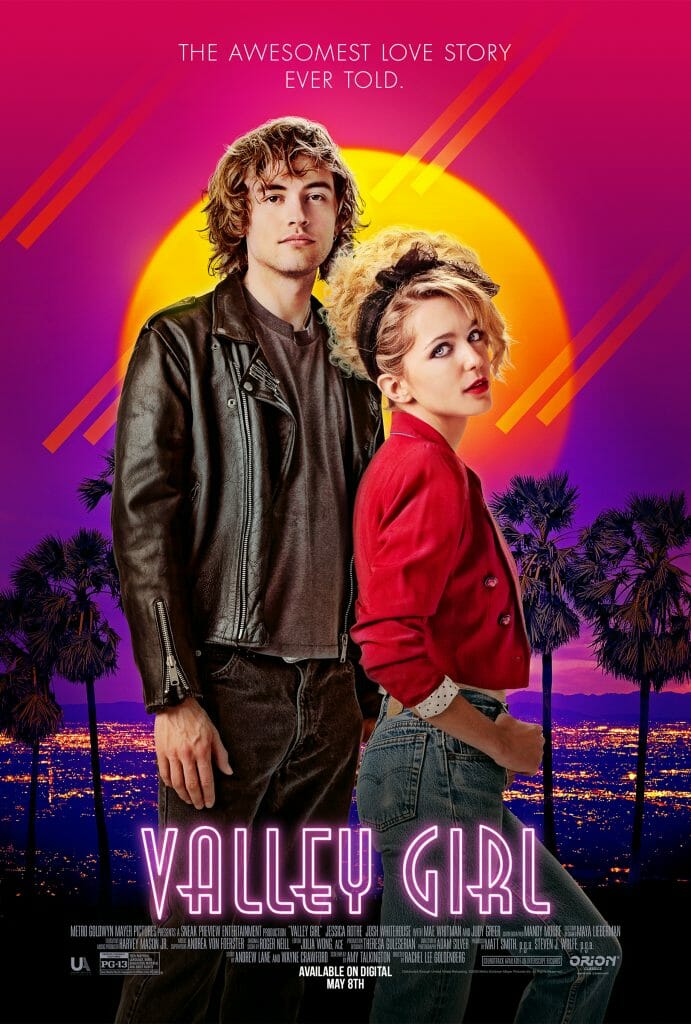United Artists Releasing (UAR) is a distribution venture between Metro-Goldwyn-Mayer Studios, Annapurna Pictures, and MGM’s Orion Pictures that aims to release 10-14 films each year. The company was founded as Mirror in December 2017 and rebranded in February 2019 as United Artists Releasing on the 100th anniversary of the founding of United Artists. In May, Amazon announced that it would acquire MGM for $8.45 billion. It is still unclear when the deal will officially close and what impact sitting under Amazon will have on MGM’s future releases. Current MGM chairman Michael de Luca told the New York Times, “There is theatrical in our near future, there will be theatrical after the deal closes. There will always be theatrical at MGM.” The distributor will be competing with the traditional major studios and streamers by combining their slates and following a similar calendar and wide release roll out. UAR, as it now stands, is a distributor for a collective of studios with a back catalog of LGBTQ-inclusive releases, including GLAAD Media Award nominee Professor Marston and the Wonder Women (2017) from Annapurna, and GLAAD Media Award nominee God’s Own Country (2017), Every Day, and Anna and the Apocalypse (2018) from Orion, and 2019’s GLAAD Media Award-winning comedy Booksmart.
Valley Girl
Widest Theatrical Release: 36 theaters
Vito Russo Test: Pass
This remake of the 1983 comedy of the same name is a jukebox musical set in the 80s, following a love story between valley girl Julie and L.A. punk Randy. One of Randy’s best friends is Jack, a girl who plays in his band, his confidant, and she is also a lesbian. During the song in which she is introduced, she eyes up and then kisses another girl, and makes it clear later on that she isn’t interested in men. Later during a party in the valley, a party guest calls Jack a slur and she punches him in the face, starting a fight with back up from Randy. At the same party, Jack makes a pass at one of Julie’s friends and the school “queen bee” named Karen. While she initially appears disinterested and uncomfortable, once Karen is later redeemed she approaches Jack at the school’s prom and the two share a moment together on the dancefloor. Had the film developed the scene further, it could have been a hint at a romance between the two, but as it currently stands, the moment read more as Karen becoming a better and more accepting person.
Overall, it was great to see one of the major characters in this film as a lesbian living her life, though it would have been exciting to see her get her own romance as well and further exploration of an out lesbian punk teen in the 1980s.
OPPORTUNITIES AHEAD
A very exciting upcoming release from United Artists Releasing is What If?, the directorial debut of out actor Billy Porter, from a script that was featured on the 2019 edition of The GLAAD List, a collaboration between GLAAD and script hosting and evaluation site The Black List. The coming-of-age story follows a blooming relationship between Khal, a straight man, and Kelsa, a trans woman, during their senior year of high school. This is the kind of film – a modern LGBTQ love story – that more major studios should be making and reaching audiences that have not seen themselves in a story like this before.
UAR will also be releasing a biopic of iconic jazz singer and Rat Pack member Sammy Davis Jr. Reports have cited that Davis Jr. was said to have had relationships with men as well as women over the course of his life. UAR is also making a third Legally Blonde film written by Mindy Kaling and Dan Goor, both of whom have included prominent queer characters in their television projects. The first Legally Blonde featured a gay character whose reveal as gay was treated as a plot twist. A more modern sequel would be smart to include a leading and more up to date LGBTQ character.













